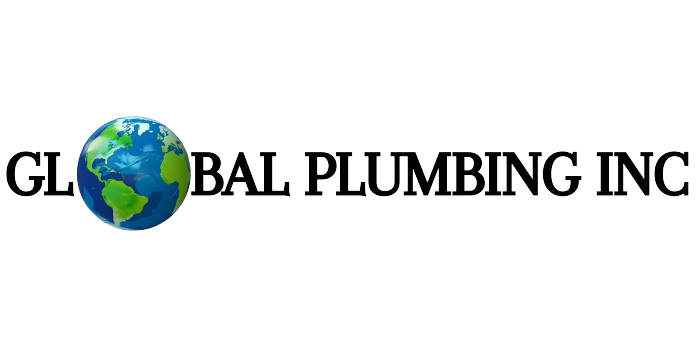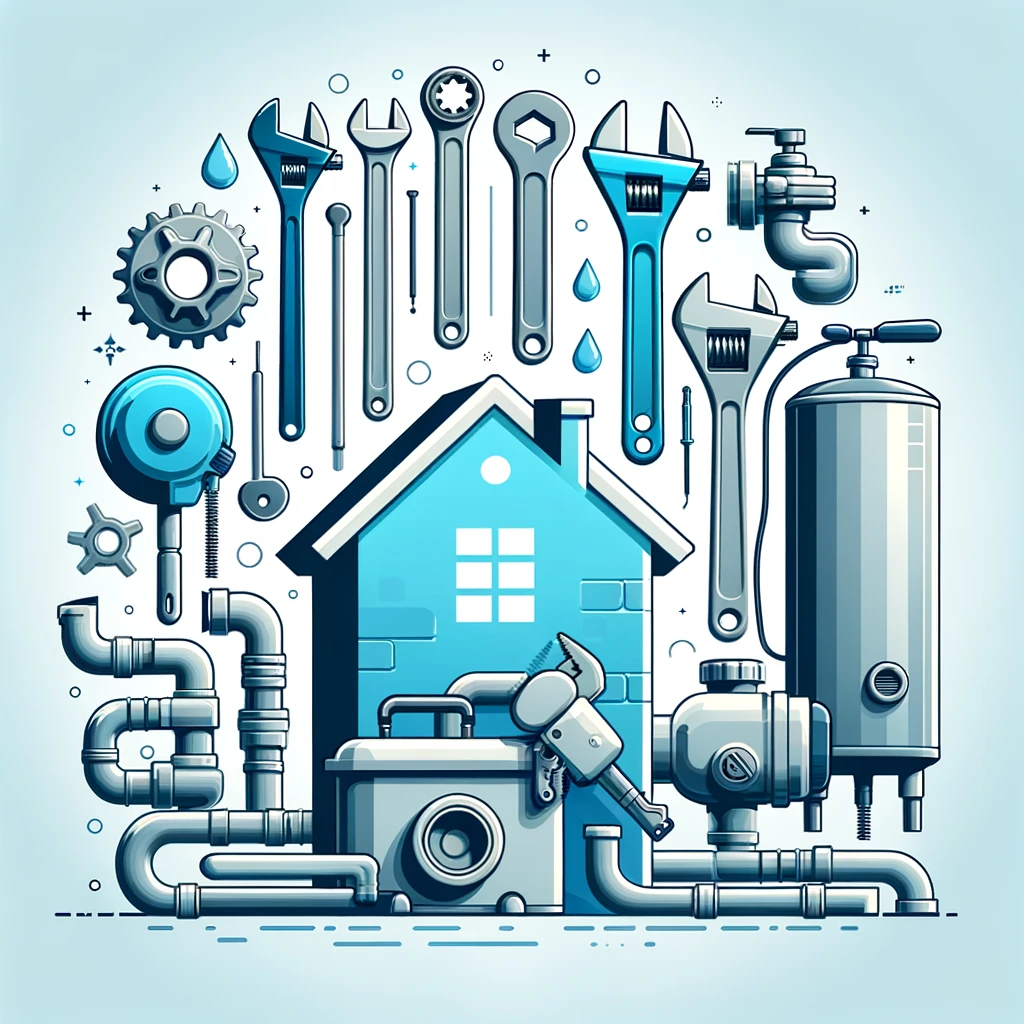Maintaining your home’s plumbing system is essential to ensure everything runs smoothly and efficiently. Whether you’re in North Vancouver or anywhere else, having a reliable plumber or gas fitter on call is crucial. However, there are several maintenance tasks you can perform yourself to prevent common plumbing issues. Here are ten plumbing maintenance tips every homeowner should know, including how to complete each one.
1. Regularly Check for Leaks
Even small leaks can lead to big problems over time, such as water damage and increased bills. Inspect under sinks, around toilets, and anywhere you can access pipes. If you notice moisture or a drip, it might be time to call a “plumber in North Vancouver” to fix the issue before it worsens.
Steps:
- Visually inspect pipes and faucets.
- Check for wet spots on floors, ceilings, and walls.
- Listen for dripping sounds.
2. Clean Drains, Don’t Clog Them
Prevent clogs by being mindful of what goes down your drains. Use drain strainers to catch hair and food particles, and never pour grease down the sink.
Steps:
- Install strainers on all drains.
- Regularly clean strainers and dispose of trapped materials.
- Pour boiling water down drains weekly to clear minor buildup.
3. Know How to Use a Plunger
A plunger can be your best friend for minor clogs in sinks, toilets, and showers. Make sure to use it correctly to clear clogs without the need for a plumber’s intervention.
Steps:
- Ensure the plunger has a good seal around the drain.
- Use a gentle but firm pumping action.
- Repeat until the clog clears.
4. Inspect Your Water Heater
Your water heater should be inspected at least once a year. Check for leaks, corrosion, and proper temperature settings. An efficiently running water heater saves money and extends its life.
Steps:
- Visually inspect the unit for signs of leakage or rust.
- Check the temperature setting (around 120°F is ideal).
- Flush the tank annually to remove sediment.
5. Test Water Pressure Regularly
High water pressure can damage pipes and appliances. Use a pressure gauge to test your home’s water pressure. If it’s too high, consider installing a pressure reducer.
Steps:
- Attach a pressure gauge to an outdoor faucet.
- Turn on the faucet to its full capacity.
- Read the pressure and adjust if necessary.
6. Prevent Frozen Pipes
Before winter hits, ensure your pipes are insulated to prevent them from freezing and bursting, a common issue in colder climates like North Vancouver.
Steps:
- Insulate pipes in unheated areas.
- Seal leaks that allow cold air inside.
- Let faucets drip slightly during extremely cold weather to prevent freezing.
7. Regularly Clean Shower Heads
Mineral buildup can block showerheads and reduce water flow. Cleaning them regularly ensures they operate efficiently.
Steps:
- Unscrew the showerhead.
- Soak in vinegar overnight.
- Scrub off any remaining deposits.
8. Check Sewer System and Septic Tank
A backed-up sewer system or septic tank can be a homeowner’s nightmare. Regular inspections by a qualified “gas fitter” or plumber can prevent major issues.
Steps:
- Schedule regular inspections and pumping as needed.
- Be mindful of what you flush down toilets.
- Conserve water to reduce strain on the system.
9. Know Your Main Water Shut-Off Valve Location
In case of a major leak, knowing where your main water shut-off valve is can save you from extensive water damage.
Steps:
- Locate the valve (usually in the basement or outside the house).
- Ensure all household members know its location and how to operate it.
10. Schedule Annual Inspections
Even if you follow all the above tips, having a professional “plumber in North Vancouver” inspect your plumbing system annually can catch issues you might miss.
Steps:
- Book an appointment with a reputable plumber.
- Ensure they inspect all accessible pipes, fixtures, and the water heater.
- Follow their recommendations for any repairs or upgrades.
Maintaining your plumbing system doesn’t have to be a daunting task. By following these steps and knowing when to call a professional plumber or gas fitter, you can ensure your home runs smoothly and avoid unexpected plumbing emergencies. Remember, preventative maintenance is key to a healthy plumbing system.
If you are looking for maintenance or repair we can help. Click here!

